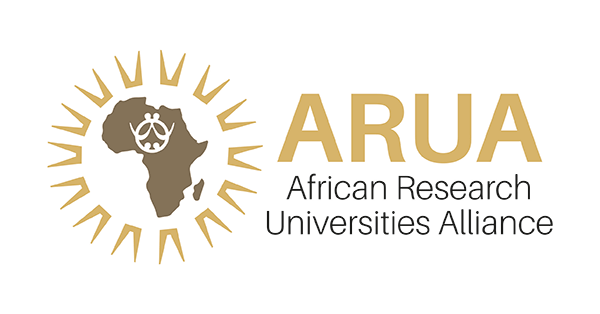The thematic question of identity may be thought of in ontological terms - that is, asking what it is that identities do in structuring political, sociological, cultural and economic existence. That is the imperatives, meanings and existential production of politicised identities. In historical terms, we may further inquire into the ways in which identities structure questions of belonging and determine ways in which claims directed towards the state become legitimised or conversely, are rendered illegitimate. In what ways do (politicised) identities construct certain people as legal or illegal?
Furthermore, if the condition of coloniality signifies continuities or the inter-determinacy between colonial modernity and its (disenfranchising) legacies in the postcolonial world, how might processes of decolonisation be understood as simultaneously implicated by colonising identities (such as gender, race, ethnicity, sexuality, class, and many more) and signifying their re-articulation in progressive ways? In other words, where does the possibility of redeploying identity as an emancipatory possibility lie? A further conundrum in which identity finds itself is in the identitiarian limitations it encounters within liberal democracy.
This is in part because liberal democracies tend to interpolate subjects on the basis of singular identities, and render as impossible bivalent identities, thereby producing contradictions because the postcolonial condition on its part produces “intersectional” subjects. These multiple identities compete, coexist and often contradict one another, and the ways in which this happens deserve critical scholarly inquiry as will be conducted under the aegis of the Makerere-led CoE in Notions of Identity.
We seek in respect of the above thematic concerns, to explore the emancipatory possibilities that a more radical engagement with the notion of identity/identity politics may hold for colonial modernity’s other.

